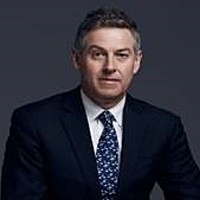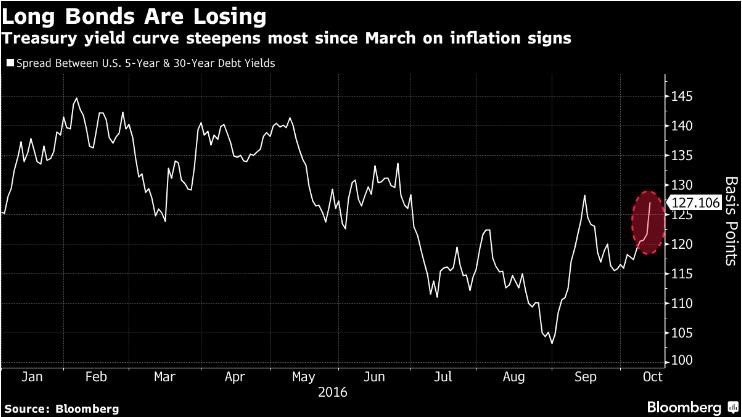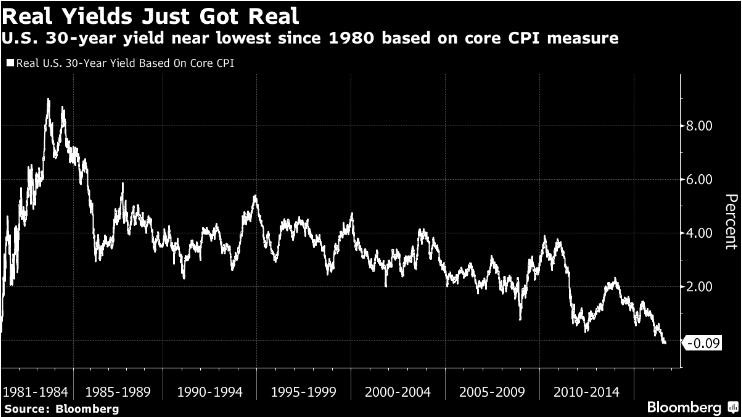Fed could run “high-pressure economy” to help rebuild

Mason Stevens
Ms Yellen, in a lunch address to a conference of policymakers and top academics in Boston, said the question was whether that damage can be undone "by temporarily running a 'high-pressure economy,' with robust aggregate demand and a tight labour market. One can certainly identify plausible ways in which this might occur."
"If strong economic conditions can partially reverse supply-side damage after it has occurred, then policymakers may want to aim at being more accommodative during recoveries than would be called for under the traditional view that supply is largely independent of demand," Ms Yellen said. It would "make it even more important for policymakers to act quickly and aggressively in response to a recession, because doing so would help to reduce the depth and persistence of the downturn."
Looking for policies that would lower unemployment further and boost consumption, even at the risk of higher inflation, could convince businesses to invest, improve confidence, and bring more discouraged workers back into the economy.
Ms Yellen's comments, while posed as questions that need more research, add an important voice to an intensifying debate within the Fed over whether economic growth is close enough to normal to need steady interest rate increases, or whether it remains subpar and structurally damaged, as argued by Harvard economist and former US Treasury Secretary, Lawrence Summers, among others.
Her remarks alarmed the US bond market in Friday afternoon trading, where they were interpreted as indicating a willingness to allow inflation to run beyond the Fed's 2% target. Prices on longer dated US Treasuries, which are most sensitive to inflation expectations, fell sharply. The yields on both 30-year bonds and 10-year notes ended the day at their highest levels since early June.
DoubleLine Capital's CEO, Jeff Gundlach, interpreted Ms Yellen's comments as implying, "You don't have to tighten policy just because inflation goes to over 2%. Inflation can go to 3%, if the Fed thinks this is temporary," said Mr Gundlach, who agreed Janet Yellen was striking a chord similar to Larry Summer's "secular stagnation" thesis. "Yellen is thinking independently and willing to act on what she thinks."
While the market still expects the Fed to raise interest rates in December, consistent with the last FOMC minutes, it does not see the Fed moving aggressively thereafter. The 2-year note yield was little changed on Friday at 0.83%. Fed fund futures indicate the probability of a rate increase by the FOMC's December meeting is about 66%, up from 52% a month ago.
Although short-dated bonds were steady, the 30-year bond yield climbed 11 basis points last week to 2.56% on Friday, the highest since June. The yield has increased 24 basis points over the past two weeks, the most in 17 months. The difference between yields on 30-year and 5-year bonds, a gauge of the yield curve, climbed to about 1.27 percentage points, the highest closing level since 15 September (see the chart above).
The 10-year break-even rate, a gauge of inflation expectations that measures the difference between yields on 10-year notes and similar-maturity Treasury Inflation Protected Securities (TIPS), rose to about 1.68 percentage points, the highest since May. The US will auction US$5 billion of 30-year TIPS on 20 October.
In one sign of investor complacency, the real US 30-year yield -- which subtracts the level of inflation based on the Core Consumer Price Index -- is hovering near the lowest level since 1980 (see the chart below). Higher inflation would only push real yields even lower unless nominal yields rise to offset it.
Contributed by Mason Stevens: (VIEW LINK)
4 topics

Responsible for identifying domestic and international equity investment opportunities. 25 years of financial markets experience as an equity strategist, economist, analyst, portfolio manager and consultant.
Expertise

Responsible for identifying domestic and international equity investment opportunities. 25 years of financial markets experience as an equity strategist, economist, analyst, portfolio manager and consultant.


